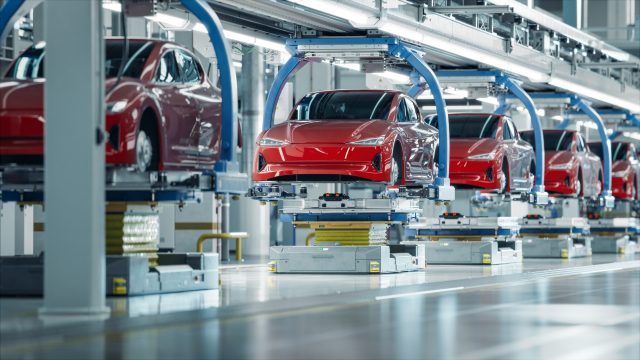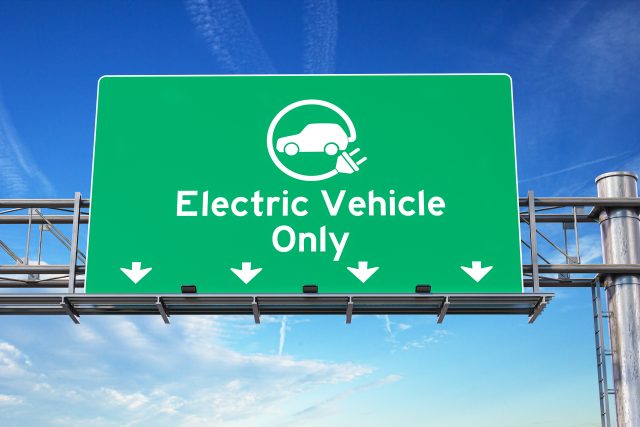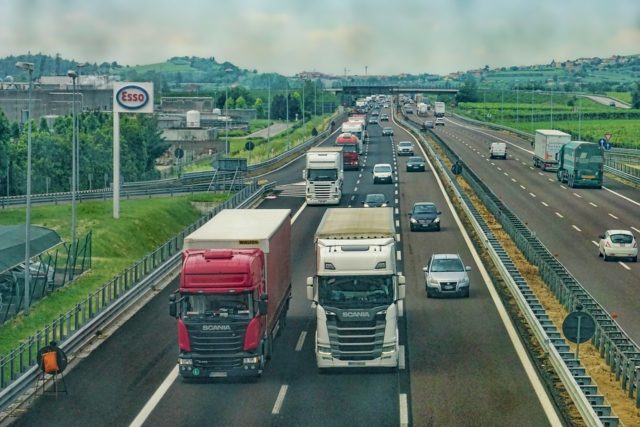
COVID-19 & automotive sector
COVID-19 crisis & the automotive sector: implications for EU environment and climate policies
In just a few weeks, the European automotive market has effectively collapsed.
In March, sales fell by 55.1%, and production has ceased. According to the European Automobile Manufacturers’ Association, losses amount to 2 million vehicles and counting across the United Kingdom and the 27 Member States of the European Union (EU).
The impasse has…begun to thaw.
The impasse has nevertheless begun to thaw. Since mid-April, companies have progressively been recommencing production. However, as a capital-intensive sector, manufacturers must make large investments in advance to produce vehicles. For many, investments will be lost and a decline in income means that compensatory investments may not be possible. Tier 2 and Tier 3 suppliers will be the first hit by cash shortage, a disquieting threat to business continuity. The automotive sector will face disruption throughout the length and breadth of the fight against the pandemic and its aftermath.
state aid relaxed
Discussions on a relief package for the transport sector, however, remain speculative.
In a broad macroeconomic context, the EU has also taken bold steps to mitigate the looming economic crisis. Discussions on a relief package for the transport sector, however, remain speculative. The EU can ease the working conditions and make funding available to an extent. However, cash injections will stem from national governments, which is new.
In 2008-09, at the height of the previous downturn, the EU had stepped in to counter the automotive sector’s liquidity problems with a significant cash injection of 7.56 billion EUR in loans. Brussels has not touted similar measures for the moment. Yet, the Commission has temporarily relaxed state aid rules, granting a higher degree of flexibility for the Member States to support their strategic sectors. It has also been vocal about the need for the Member States to protect European business against foreign takeovers.
policy reorientation
The COVID-19 crisis will have a severe impact on current legislation…
At EU level, measures for the transport sector will include a high degree of policy reorientation. The COVID-19 crisis will affect both already enforced legislation and the fresh ambitions of the Von der Leyen Commission. Concerning existing measures, policymakers are considering postponing or revamping existing plans towards forming the best possible response to the pandemic. In fact, several problems are surfacing with the environment and climate requirements regulating the automotive sector.
- First, most application dates may no longer be realistic. Let’s take the situation of the powered two-wheeler segment as an example. The move to Euro5 for motorcycles from 2021 was meant to take place with the parallel phasing out of Euro 4 vehicles. Today, however, as a result of lockdown policies across the EU unsold stocks of Euro 4 motorcycles are rising in warehouses. Meanwhile, the production plans of Euro 5 vehicles have been substantially delayed.
- Second, reference dates are creating a thought-provoking challenge. The first months of 2020 – undoubtedly exceptional – were to be used as the reference period (1 July 2019 to 30 June 2020) for the calculation of an annual EU emissions average for Heavy-Duty Vehicles (HDVs). This would then serve as a benchmark for setting future reduction requirements for the post 2025 and 2030 CO2 reduction targets for HDVs. For sure, the current lockdown will distort the calculation of the average for two months at a minimum.
In March 2020, all 27 EU markets fell with an average decline of 25.6%.
- Third, legal compliance is proving to be a challenge as some manufacturers are facing difficulties to meet their obligations. In the EU, manufacturers must meet CO2 emissions targets over their fleet of vehicles currently on the market. There is thus an incentive to sell many new – and hopefully low- or zero-emission – vehicles to replace older vehicles and bring down the carbon footprint of the overall fleet. In the first quarter of 2020, the decline in car sales – 25,6% on average across the single market – has triggered a debate on the need to maintain the requirements for cars and vans. Drops in sales, however, do not necessarily correlate to a failure to comply. It is the type of vehicles sold that is pivotal. In that regard, the uptake of greener alternatives to combustion engine vehicles rose in January and February. The March figures also look promising. Yet, the recent collapse of oil prices could dampen the surge in electric vehicle purchases.
In the meantime, expect delays, extensions, derogations, moratoriums and supportive measures.
green deal postponed?
The grand ambitions of the Commission uttered in December seem already distant. Meanwhile, these policy priorities have set the tone for the coming years, not least because President Von der Leyen owes her narrow election, in a large part, to her green overtures to the European Parliament. That is why the Commission’s green vision cannot be discarded entirely or diluted beyond recognition. The Green Deal, alongside the digital agenda, will remain persistent through all policy measures.
The same may be expected of the most pro-environment legislature in the European Parliament. Traditionally, these influences would have faced strong opposition from the Member States. Politically, in the Council, environmental measures are often regarded as a nice-to-have luxury in the good times, and a politically popular castaway in the bad. However, to date, 17 Member States have signed a joint declaration calling for the COVID-19 recovery to be green.
Regardless of the political intentions of the EU institutions, the reality is that the scale of the crisis still remains hard to gauge. The extent of the economic and societal damage will only become evident in some months. At which stage, it will be possible to assess what shape the recovery will have to take. In the meantime, expect delays, extensions, derogations, moratoriums and supportive measures. Beyond that, expect a resumption, as much as will be possible, of the norm of an environmentally ambitious Commission, a Parliament with higher expectations still, and a Council with an ever-more pragmatic yet greener centre of gravity.






